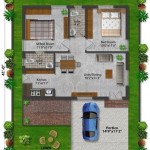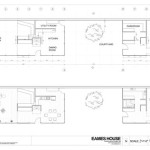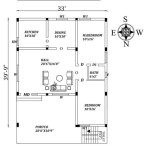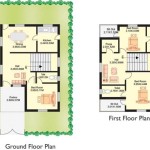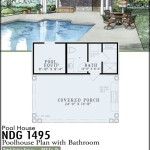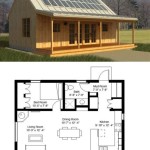Drawing Plans for House Extensions: Essential Aspects to Consider
Extending your home can be an exciting project that adds space, value, and functionality to your property. However, it's crucial to create accurate and comprehensive drawing plans before embarking on this endeavor. Here are some key aspects to consider when drawing plans for house extensions:
1. Define Your Requirements
Start by determining the specific needs and goals for your extension. Consider the additional space you require, the purpose of the extension (e.g., extra bedroom, family room, etc.), and any specific features you desire (e.g., a balcony, a certain number of windows, etc.).
2. Understand Building Regulations
It's essential to familiarize yourself with the relevant building regulations and planning permissions required in your area. These regulations dictate factors such as the maximum height, size, and setbacks of the extension. Failure to adhere to these regulations can result in costly delays or even legal issues.
3. Design the Layout
The layout of your extension should seamlessly integrate with the existing structure while meeting your functional requirements. Consider the flow of movement, natural light, and the relationship between the new space and the rest of the house. Create a detailed floor plan that clearly shows the dimensions, room sizes, and any internal alterations.
4. Choose Materials and Finishes
The materials and finishes you select will significantly impact the overall aesthetic and durability of your extension. Decide on the type of roofing, cladding, windows, and flooring. Consider the compatibility and harmony of these materials with the existing house. Also, factor in the cost, maintenance, and energy efficiency of your choices.
5. Plan for Utilities and Services
Ensure that your extension plans include provisions for all necessary utilities and services. This includes plumbing, electrical, heating, ventilation, and possibly drainage. Indicate the locations of fixtures, appliances, outlets, and any new plumbing or wiring required.
6. Consider Energy Efficiency
Incorporating energy-efficient measures into your extension is crucial for reducing energy consumption and lowering utility bills. Consider using energy-efficient windows and doors, insulation, and sustainable building materials. Passive design principles can also be implemented to minimize heating and cooling needs.
7. Obtain Professional Help
While drawing plans for house extensions can be done independently if you have the necessary skills and knowledge, it's highly recommended to consult with an architect or structural engineer. Professionals can ensure that your plans are compliant with building regulations, structurally sound, and meet your specific requirements.
Conclusion
Creating accurate and comprehensive drawing plans for house extensions is essential for a successful and cost-effective project. By considering the essential aspects outlined above, you can ensure that your extension meets your needs, complies with regulations, and seamlessly integrates with your existing home.

House Extension Drawings Types Of Designs And Plans You Need

Extension Plans And Drawings Planning2exten Co Dorking Surrey

What Details Should The Plans For My New House Extension Include Front Door

Hiring An Architect To Draw The Extension Plans My

House Extension Plans Graham Lea Architecture

House Extension Drawings And Plans The Complete Guide Good Design Build

House Extension Plans 1930s Semi Detached Extensions

Home Extension Designs

House Extensions For The Brisbane Entertainer Seq Building Design

1 Floor Plan Easy To Use Get Planning Permission

